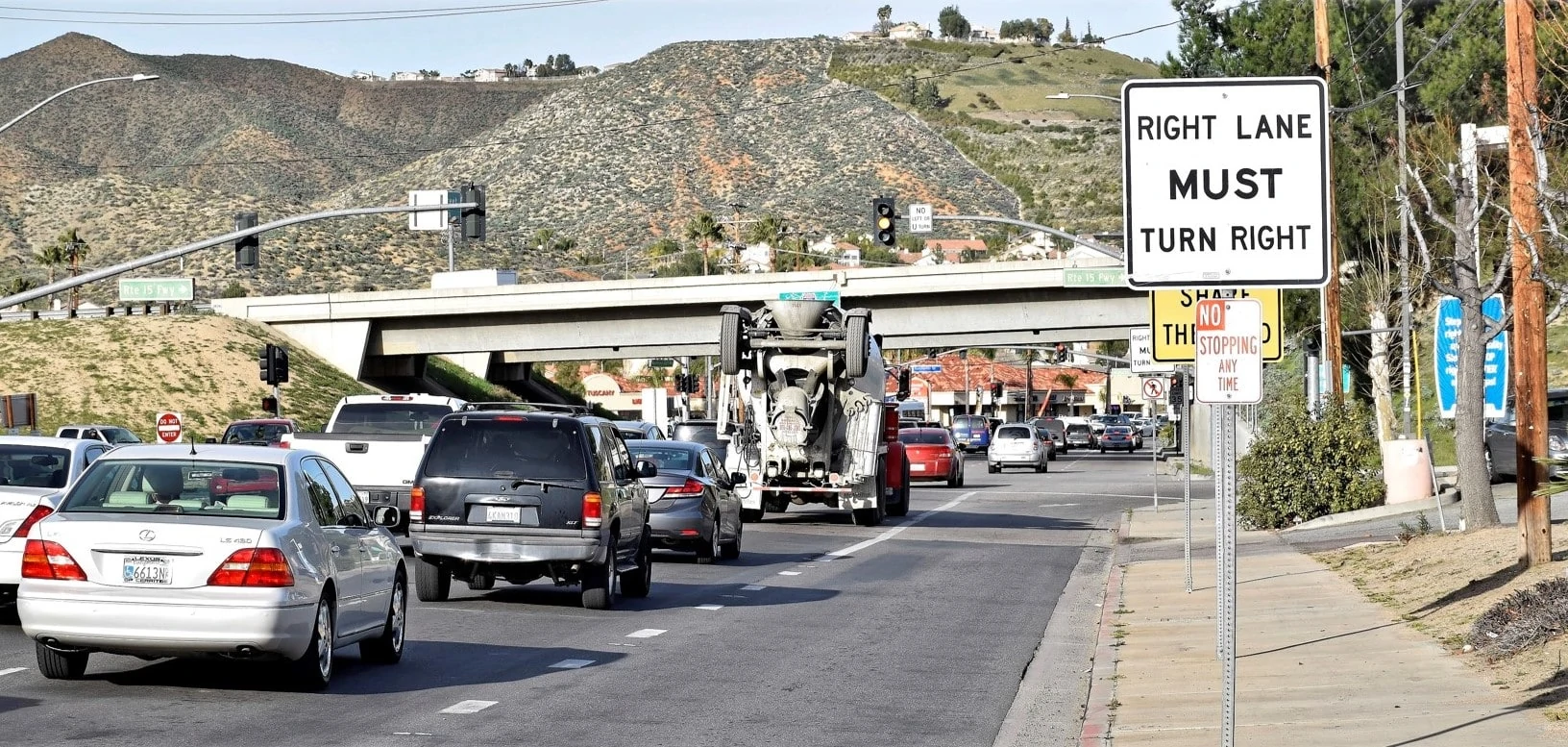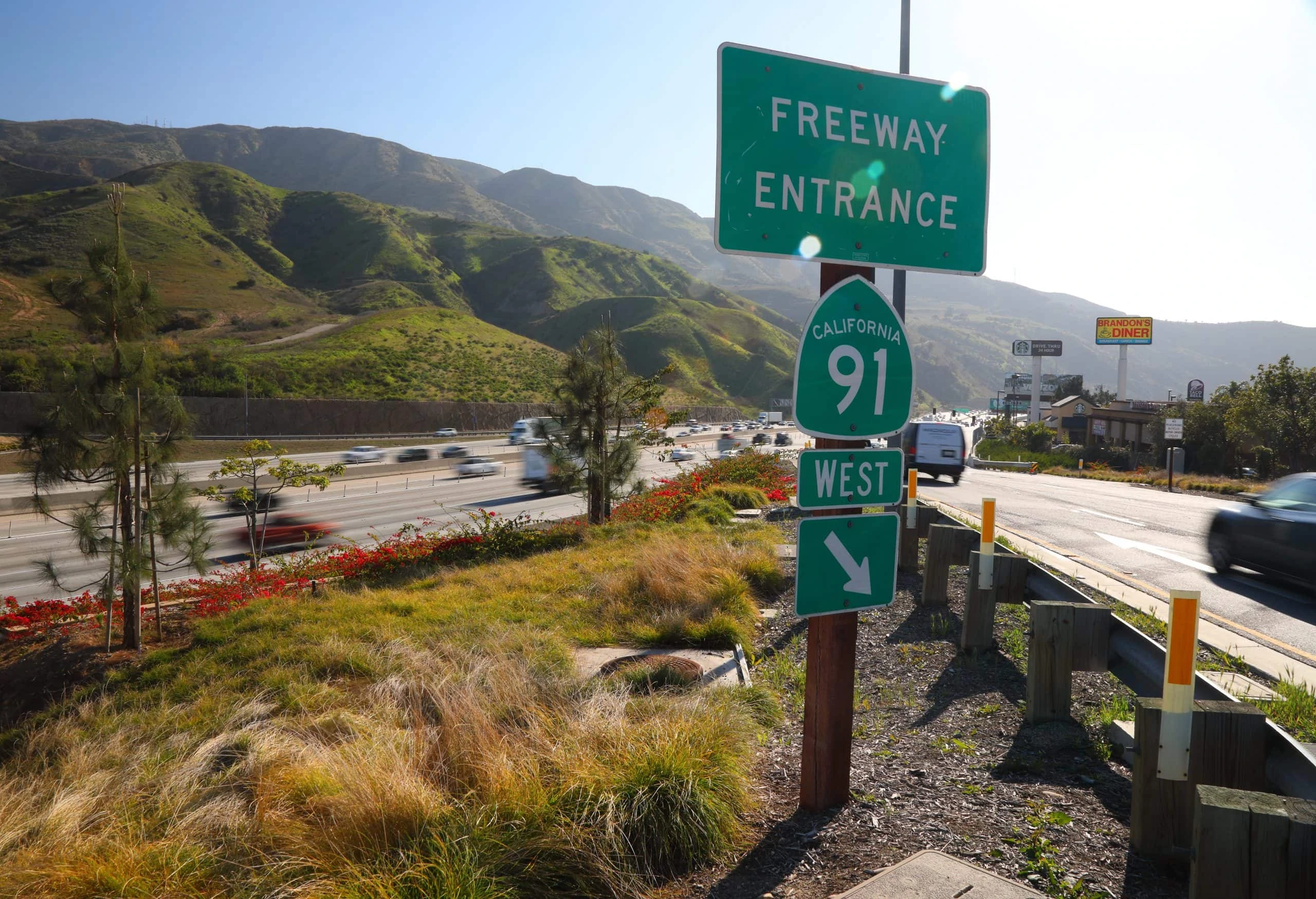The Point: Transportation investments help relieve traffic congestion, aid economy
Across western Riverside County, transportation investments are moving full speed ahead, providing approximately 10,000 jobs as the county grapples with economic fallout from the coronavirus pandemic. The Riverside County Transportation Commission (RCTC) is leading 13 highway and rail projects, including several newly awarded construction contracts that are starting within several months.
The 13 projects, with a total construction cost of $721 million, will ease traffic congestion for county residents and improve passenger rail operations for people returning to the workforce.
“Despite the challenges of COVID-19, RCTC has kept all projects on or ahead of schedule,” said RCTC Chair and Wildomar City Council Member Ben J. Benoit. “Our commission has not paused its investment in vital transportation needs.”
Two projects that were open for construction bidding amid the pandemic drew more and lower bids than forecasted.

As a result, taxpayers will save a combined $21 million – roughly 27 percent – on the I-215 Placentia Avenue Interchange in Perris and the I-15 Railroad Canyon Interchange in Lake Elsinore.
Crews are continuing work on the 15 Express Lanes in Jurupa Valley, Eastvale, Norco and Corona and the Route 60 Truck Lanes between Moreno Valley and Beaumont. Key new projects and their construction costs include:

- Building a tolled connector between the 91 Express Lanes and the future 15 Express Lanes ($194 million)
- Adding a general-purpose lane to westbound 91 between Green River Road in Corona and the 241 Toll Road ($27 million)
- Building a new interchange at Interstate 215 and Placentia Avenue in Perris ($36 million)
- Upgrading the interchange at Interstate 15 and Railroad Canyon Road in Lake Elsinore ($33 million)
- Renovating the Riverside-Downtown Metrolink Station to accommodate more overnight train storage and on-site maintenance ($5 million)
RCTC also is actively seeking funding to rebuild the 71/91 Interchange in Corona by submitting applications for two federal transportation grants and three state transportation grants. If funding is secured, work could begin in 2022.
Meanwhile, to protect essential project workers, RCTC is requiring a range of safety measures. These include limiting staffing of field offices, special training for crews, social distancing, frequent disinfection of equipment and workspaces, use of personal protective equipment, and a prohibition on sharing tools.
